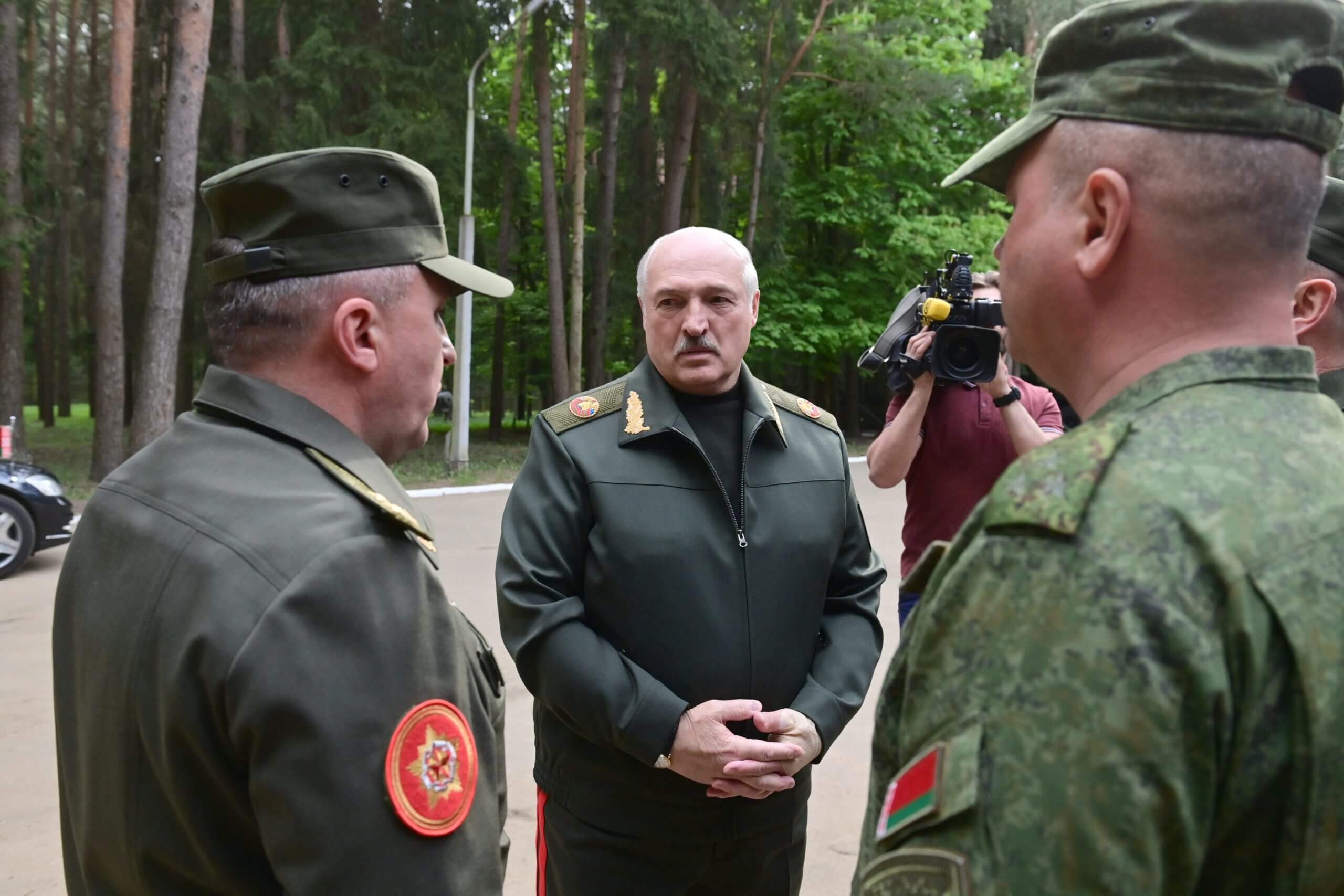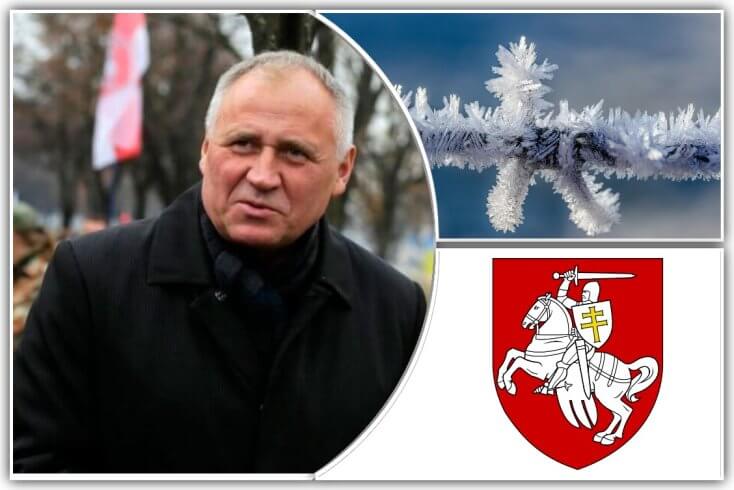
Alaksandar Łukašenka demanded on August 31 that Poland and the Baltic States expel all foreign military personnel from their territory in return for the removal of Wagner mercenaries from Belarus. He realizes that his condition is unrealistic.
Łukašenka equates NATO and Wagner
The Belarusian ruler accused the neighboring countries of increasing military spending and military presence near Belarus’ borders.
“The answer is simple: There should not be a single foreign soldier in Poland, Lithuania or other Baltic States,” the Belarusian ruler’s press office quoted him as saying at the August 31 meeting of the Security Council. “Then they can reproach us for the presence of military servicemen from other countries.”
Estonia, Latvia, Lithuania and Poland host NATO contingents that were deployed after Russia’s unprovoked invasion of Ukraine to reinforce the alliance’s eastern flank. NATO’s regular troops are present there based on legally binding agreements between allies. The Wagner Group is an illegal armed formation designated as a criminal or terrorist group by some governments.
Although Łukašenka had promised to legalize the presence of Wagner mercenaries in Belarus “by law or edict,” so far someone has only registered a limited liability company called TAA Hrupa Vahner (Wagner Group) in the village of Cel, Asipovičy district, where the Wagner camp is located.
NATO has reinforced its eastern flank in response to Russian aggression facilitated by the Łukašenka regime. The alliance’s concerns are justified. It can hardly be blamed for taking precautions.
Łukašenka reluctant to ease tension
The Belarusian leader has not taken advantage of the opportunity to ease tensions with neighbors, which presented itself after the Wagner chief was killed in a plane crash.
“Wagner lived, Wagner lives, Wagner is to live in Belarus, no matter how much someone does not want it,” he declared on August 25. But he should be concerned more than anyone else about the mercenaries’ presence and their expenses.
The Belarusian Armed Forces may employ several hundred Wagner fighters as instructors and contract soldiers. Others are likely to leave Belarus. But it may take time.
Minsk not looking for trouble
The Belarusian leader is cautious not to cross red lines.
The foreign ministers of Latvia, Lithuania and Poland on August 28 warned that their countries will seal the borders with Belarus if an armed clash occurs or a large group of illegal migrants breaks through the wall.
The Wagner camp is located 400 kilometers off the Polish and Lithuanian borders. Łukašenka has made it clear that his security services are watching the camp closely. In addition, the mercenaries lack heavy weapons.
After the neighbors’ warning, Łukašenka, who is said to control the flow of illegal migrants, will be cautious to keep migration within reasonable limits.
At the August 31 meeting of the Security Council, he said that he would like to improve relations with neighbors. His tirades are usually a toxic combination of threats and peaceful overtures. On the one hand he would like to avoid border closure, but on the other, he cannot mend fences with neighbors without Moscow’s approval. Besides, his regime has a terrible record for human rights abuses, so it can hardly find common ground with the West.



